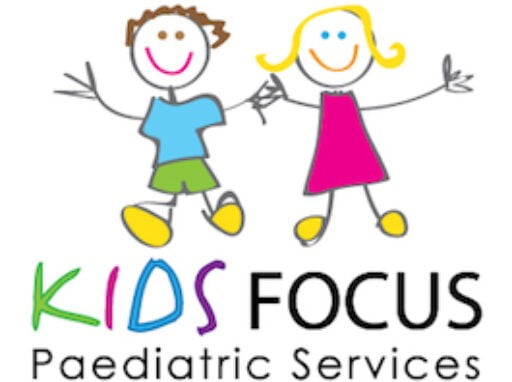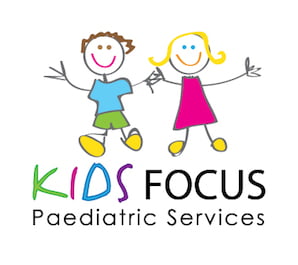
What is Speech Pathology?
Speech Pathology helps children develop the skills needed to interact and perform everyday tasks including play skills, talking, listening, reading, spelling and socialising.
A Speech Pathologist assesses and treats children who have delays or difficulties in communication (including speech, language (comprehension and use of language), play, social skills, non verbal communication (including eye contact, joint attention) and literacy (including pre-reading skills).
Some of our specialized treatment approaches include:
- Hanen It Takes Two To Talk
- Hanen More Than Words
- Hanen Talkability
- SOS Approach to Feeding
- PECS
- PROMPT
- Cogmed
- Makaton
- Social Skills group programs
- Sounds Right
- Multi-Lit
What do Speech Pathologists Focus on?
Speech (Articulation, Phonology, Dyspraxia) – The way speech sounds are made using the tongue, lips, teeth and palate. Delays can include isolated sound errors (articulation), patterns of sound errors (phonology) and motor planning (dyspraxia).
Receptive Language (or comprehension) – The ability to understand and interpret spoken or written information. Children with receptive language difficulties can find it hard to follow instructions, understand questions and/or comprehend oral or written information.
Expressive Language – The clear verbal expression of ideas in a way that other people can understand (eg using correct words, grammar and sentence structure).
Pragmatics/Social Skills – How language (verbal and non verbal) is used to communicate messages eg eye contact, topic maintenance and negotiation.
Stuttering – Involves disruptions in the flow of speech. Stutters can present themselves in a number of ways. They can involve the repetition of the initial sounds in words, repetition of whole words or phrases, prolongations of sounds and or whole words and/or ‘blocks’ in between words, where the child struggles to produce the target word.
Phonological Awareness – The understanding that spoken words are made up of separate units of sound that are blended together when words are pronounced and is an early pre-reading skill. It involves the ability to focus on and manipulate sounds in spoken words such as breaking words into syllables, detecting and producing rhymes, identifying initial and final sounds. Types of phonological awareness include: phonemic awareness, rhyme awareness, syllable awareness, word awareness, and sentence awareness.
Literacy – The ability to read and write. It involves the acquisition and understanding of letter-sound relationships, sight word recognition, knowing how to sound out words for both reading and spelling, and realising when a word has been misread or spelt. Reading comprehension (or reading for meaning) is also an important aspect of literacy development, as comprehension is a vital part of all learning.
Auditory Processing – The ability to hear auditory messages, distinguish between similar sounds or words, separate relevant speech from background noise, and the ability to recall and comprehend what was heard.
Children with auditory processing difficulties often present as being inattentive in class and/or having poor attention spans. Literacy development can be particularly affected by problems with auditory processing.

